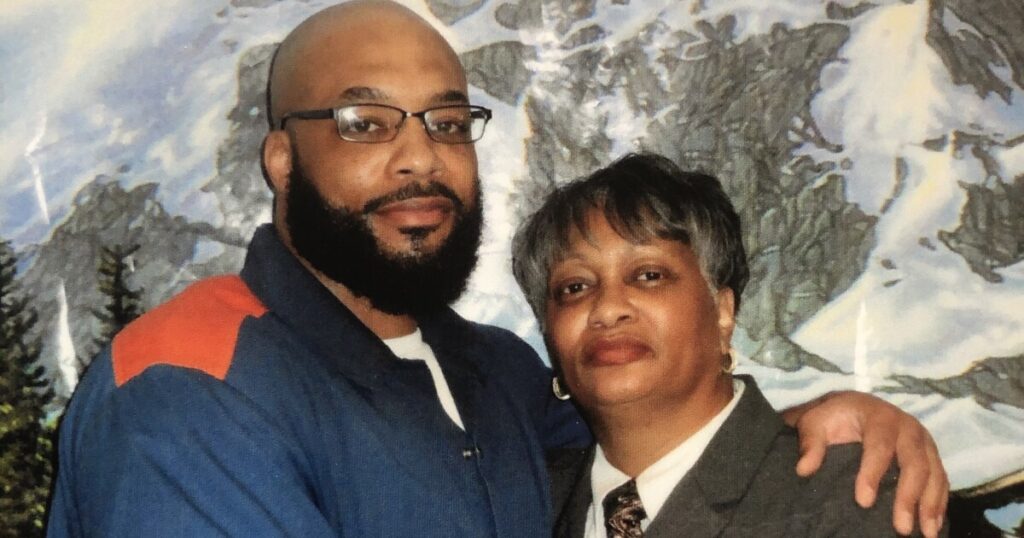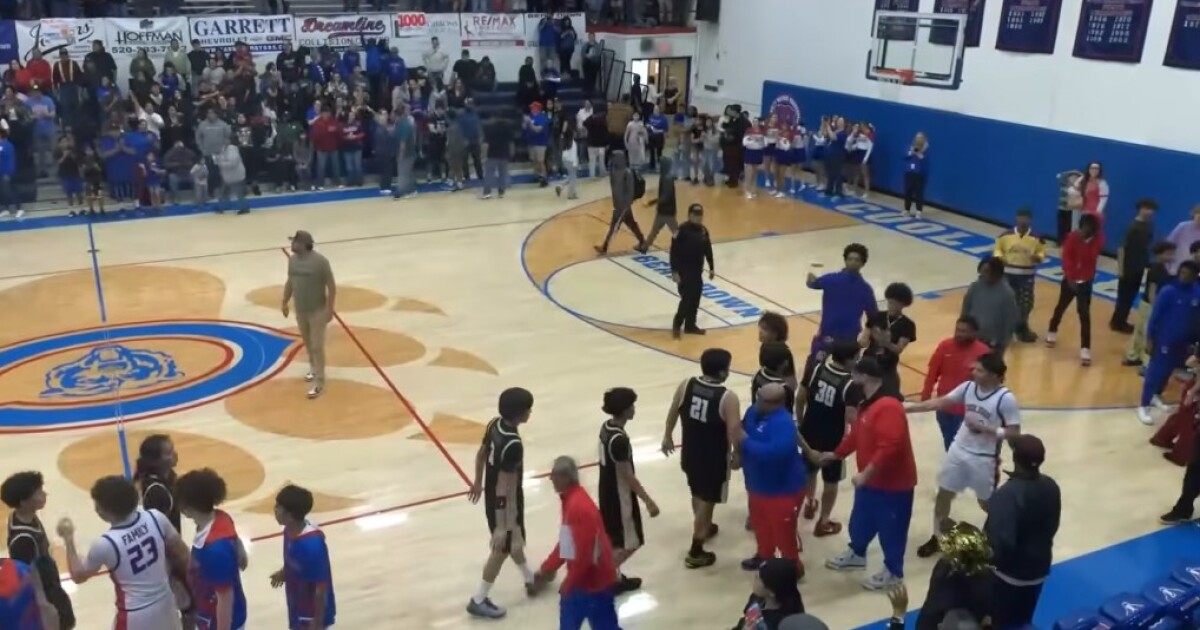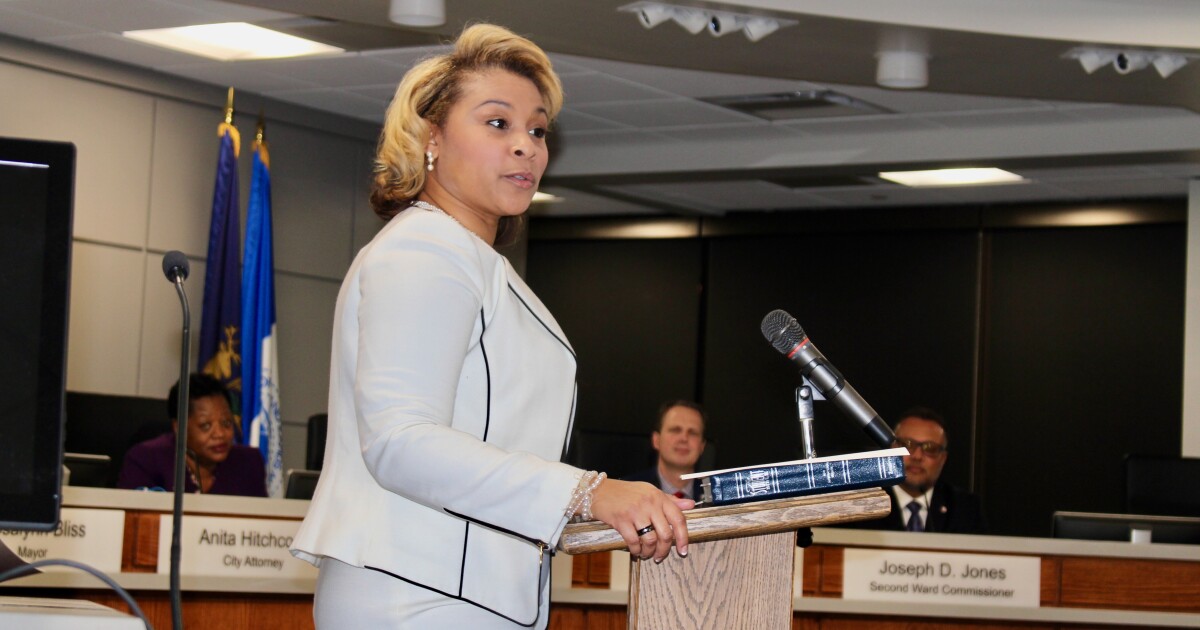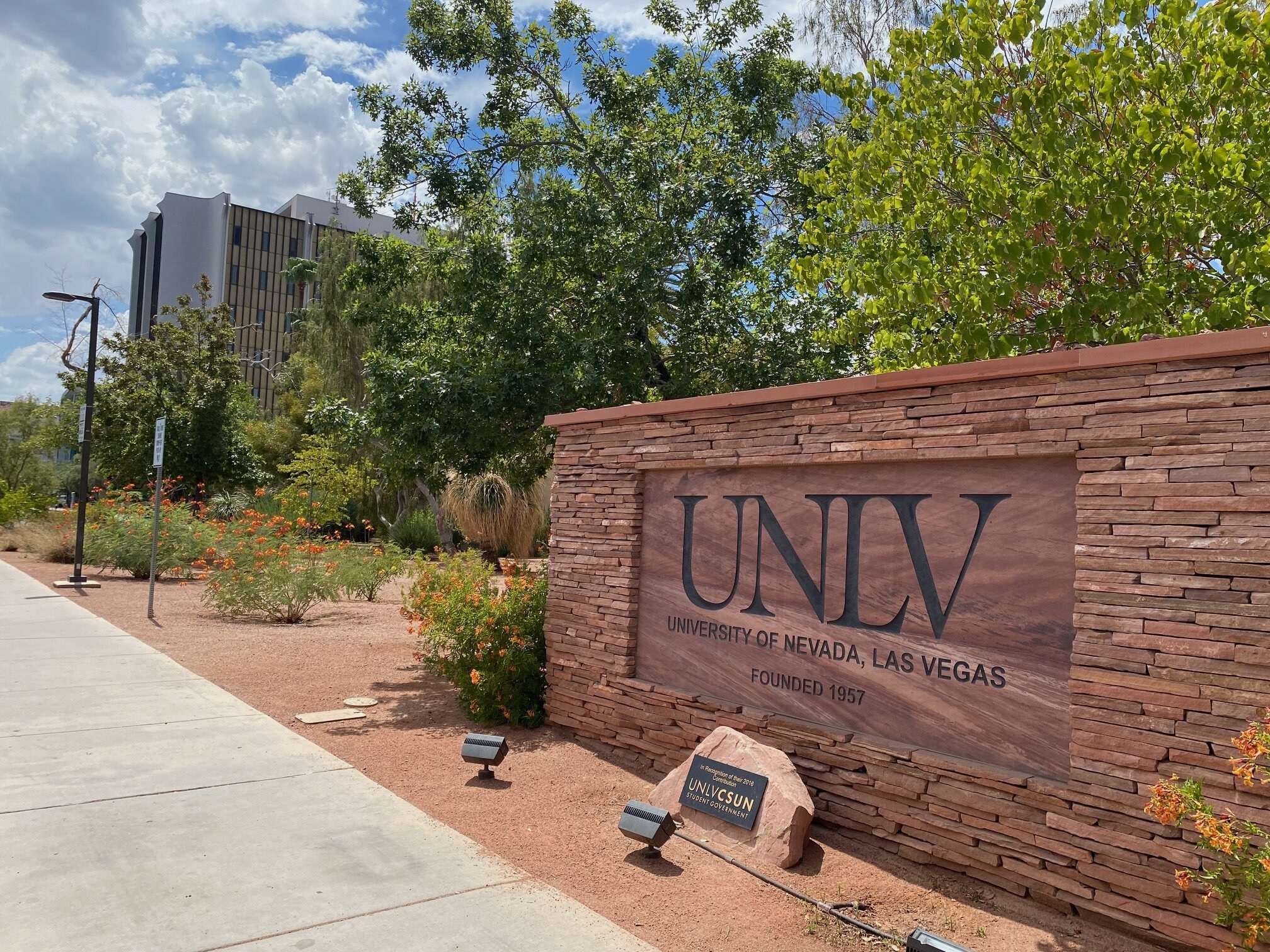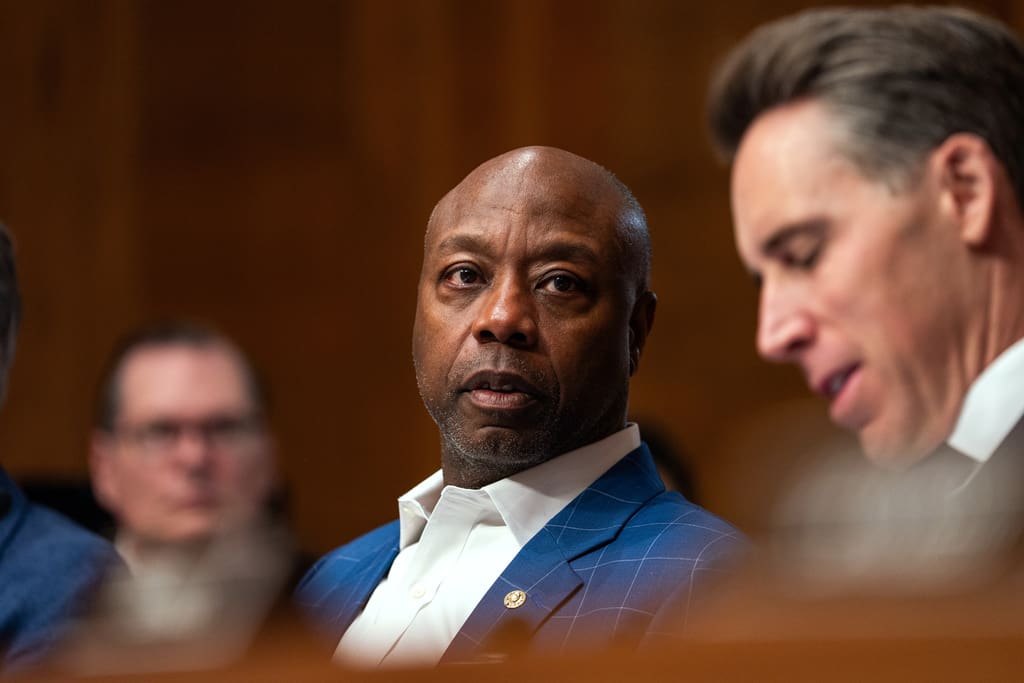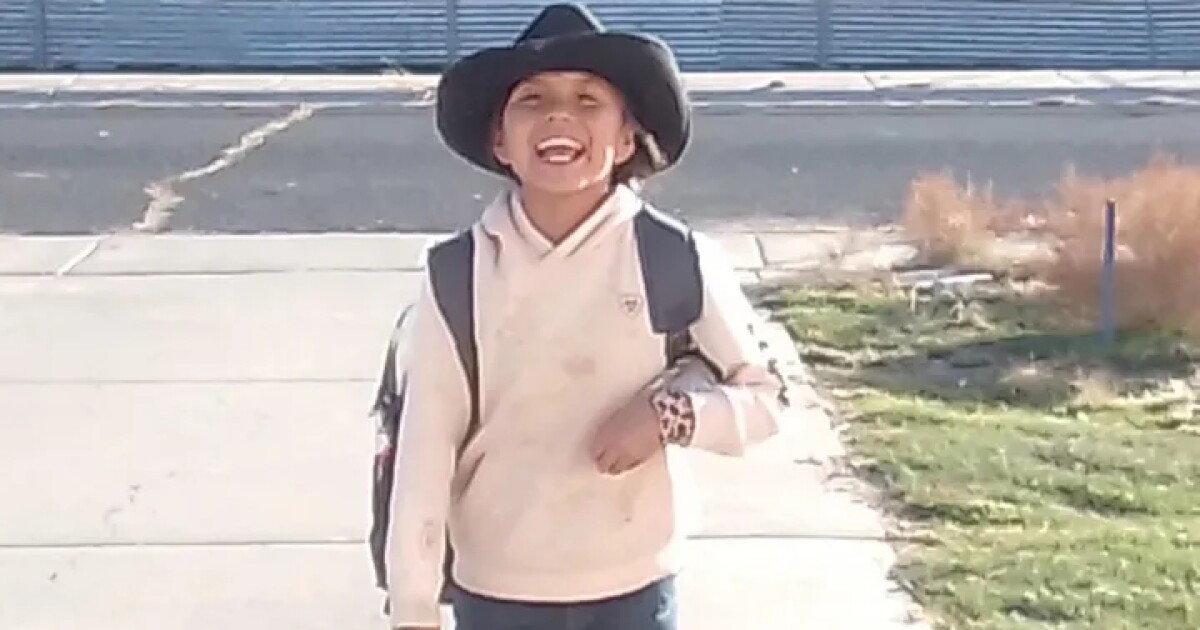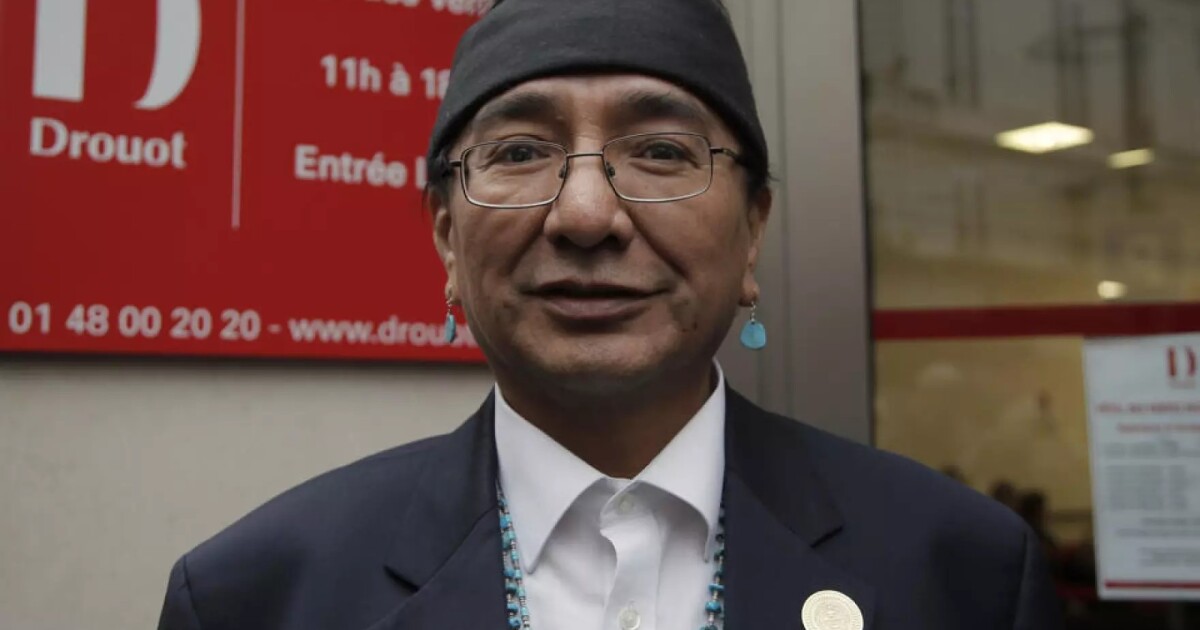New Opportunities Arise for Incarcerated Students with Pell Grant Access
In a significant shift for educational access in U.S. prisons, a recent change in federal law now permits incarcerated individuals to receive Pell Grants, unlocking higher education opportunities previously inaccessible since the 1994 Violent Crime Control and Law Enforcement Act. This pivotal change aims to restore educational programs that dwindled after the ban on Pell Grants for prisoners, a situation that left only a few privately funded options available.
Pell Grants are federal financial aids designed to assist students with educational expenses, covering costs such as tuition, fees, books, and living expenses. Unlike loans, these grants do not require repayment and are contingent on the student’s financial need. According to a report from the American Enterprise Institute, the number of prison education programs plummeted after the 1994 legislation, making college degrees rare for the incarcerated.
Wayne State University in Michigan is among the first to capitalize on this policy change, launching a bachelor’s degree program at Macomb Correctional Facility. The program offers a sociology degree with a minor in entrepreneurship to a cohort of 24 incarcerated students. Patrick Brown, director of adult student achievement at the Michigan College Access Network, emphasized the broader impact of such educational initiatives, stating, “That opened the door for higher ed institutions across the country to think about how they could provide or expand higher education opportunities to those that are incarcerated.”
Brown underscored the importance of these programs for societal reintegration, noting, “As they exit and return back into society, they will have the resources and the tools to kind of reintegrate back holistically and be able to support themselves, support their families, purchase a home, and think about the economic trajectory for themselves.”
Michelle Jacobs, faculty coordinator for Wayne State’s Prison Education Program, elaborated on the choice of sociology and entrepreneurship as the focus areas. “It’s a really nice combination of things, providing students with a deeper understanding of social structures and how that impacts their own lives and the lives of their family members and community members. But then also this entrepreneurial angle, which may be really helpful for folks,” she explained.
The initiative’s selection process involved a committee that included Jonathan Roden, a student representative from the Wayne State University student organization T.I.M.E Minded, who has firsthand experience with the justice system. Having spent 23 years incarcerated, Roden now serves as a first-year seminar coordinator within the program.
T.I.M.E Minded stands for Tangible Immediate Material Environment, a methodology focusing on efficient time utilization. The organization is committed to assisting the “justice impacted community,” defined as those with close ties to individuals in the Michigan Department of Corrections. Roden highlighted the group’s community engagement efforts, such as running backpack and coat drives for local schools.

Reflecting on his past, Roden recounts his transformative journey through education while incarcerated, spurred by personal loss. After a tragic event involving his brother Jermaine, who was also imprisoned and later passed away, Roden resolved to change his path. Solitary confinement became a place of reflection and commitment to personal growth.
Roden became an avid learner, spending extensive time in the law library and filing several civil lawsuits against the Michigan Department of Corrections (MDOC), including one for retaliation related to educational grievances. His legal pursuits earned him respect among peers, who sought his guidance on rights and grievances.

Upon release, Roden wasted no time, enrolling in classes at Wayne State University just nine days after his freedom. He now returns to a correctional facility with a new role, aiming to inspire others through education. Roden believes in the power of education to reduce recidivism and strengthen communities, emphasizing its influence on families and future generations.
Roden is on track to graduate from Wayne State University in December and aspires to attend law school, continuing his mission to support and empower others through education and advocacy.
—
Read More Michigan News

